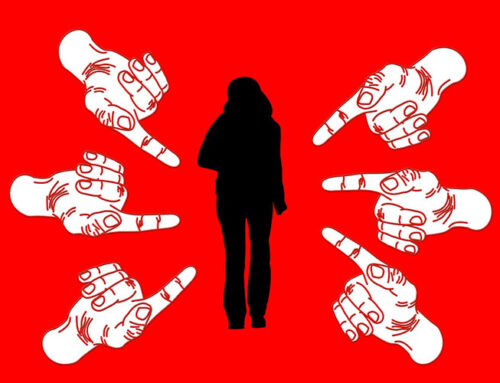In keeping with SAMHIN’s mission of greater dialogue on mental health in the South Asian community and to highlight the important work of others in this area, we invited Sasha Samra, an aspiring lawyer and strong advocate of mental health, to share her thoughts on how culture and religion can be confused.
Religion and culture are two things that often get misconstrued in traditional South Asian communities. While both influence and shape our values, beliefs, and practices, it is essential to understand the difference between the two. Religion can be defined as an individual’s relationship with God. On the other hand, culture is a collection of knowledge and values shared by society.
In South Asian communities, cultural practices and religious beliefs are so intertwined that it is challenging to distinguish one from the other. For example, practices like arranged marriages, dowry, and joint family systems are part of the cultural fabric of South Asian societies. They are still often attributed to religious teachings, which is wrong.
The issue is made worse by the lack of knowledge and understanding of religion and culture. Individuals frequently adhere to cultural customs without considering where they came from because they believe them to be religious laws. For instance, the caste system, which has a solid cultural foundation in South Asian civilizations, has been misconstrued as Hindu teaching.
There are significant ramifications when culture and religion are confused. It may result in the continuation of negative behaviors and prejudice against marginalized communities. Female genital mutilation, which is common in several South Asian cultures, is not based on any religion but rather on cultural ideals of female chastity and purity.
As I grew older, I realized that this is not about religion. All religion teaches us is to exercise love, compassion, forgiveness, and overall to be good. We cannot blame cultural perspectives on our religious views. To address the issue, it is crucial to educate people about the differences between culture and religion and promote critical thinking and questioning of traditional practices. Religious leaders can play a vital role in this by emphasizing the core teachings of their faith and distinguishing them from cultural practices.
By Sasha Samra
SAMHIN volunteer
Tax Paralegal at Pearl Cohen and future law student.
What are your thoughts on this?
Subscribe to SAMHIN blog to be notified when the next post is published.
Feature image by Raimond Klavins on Unsplash







This is a great topic Sasha, thank you for addressing it. I agree it is important to distinguish the difference between two. A common factor that affects both religious views and cultural practices is societal norms (usually defined by the people who hold the most power in a given society or group). How do you think distinguishing the two affects mental health? Why do you think it is important to do so? In other words is there a detrimental effect on healthy functioning if we don’t distinguish the role of each? How? Looking forward to a respectful discussion on this topic.